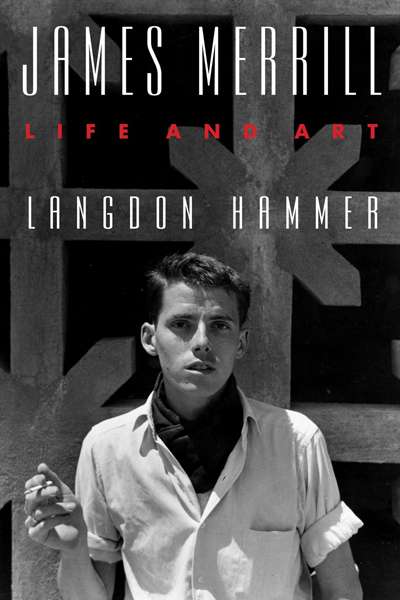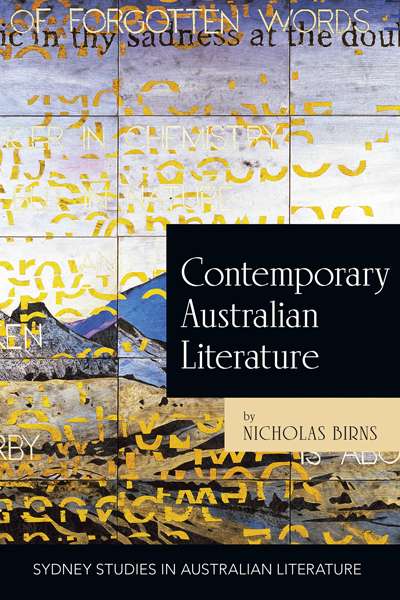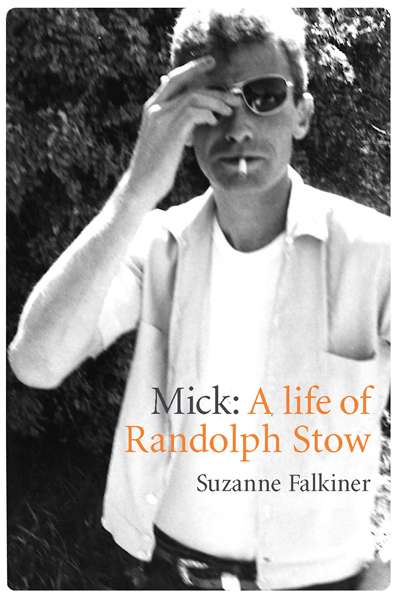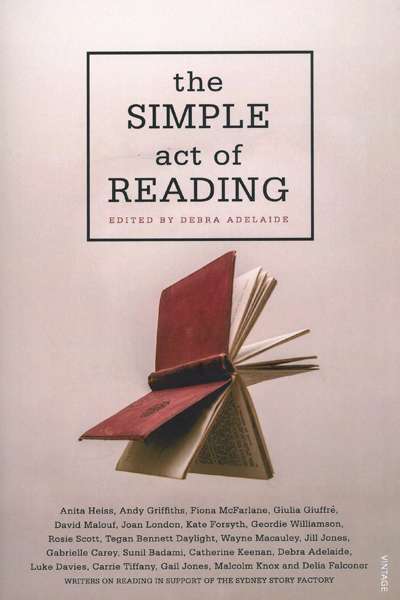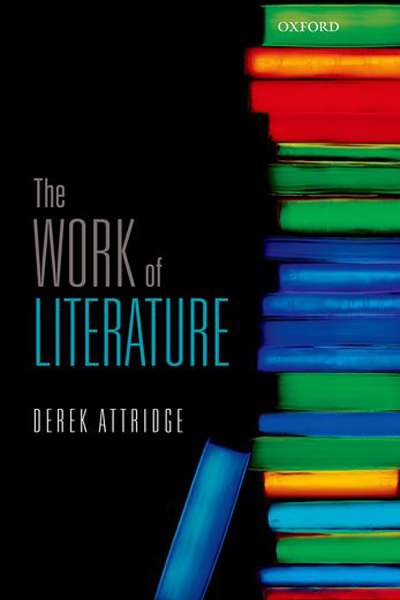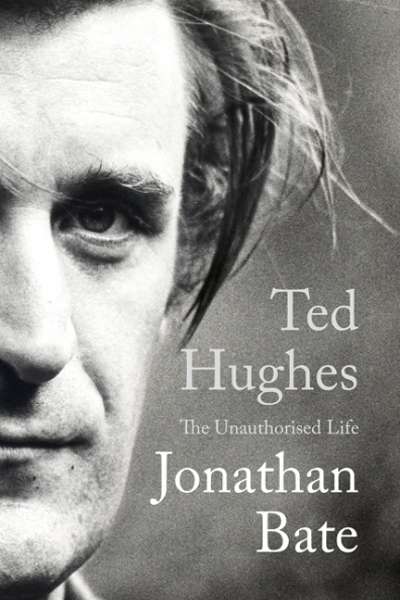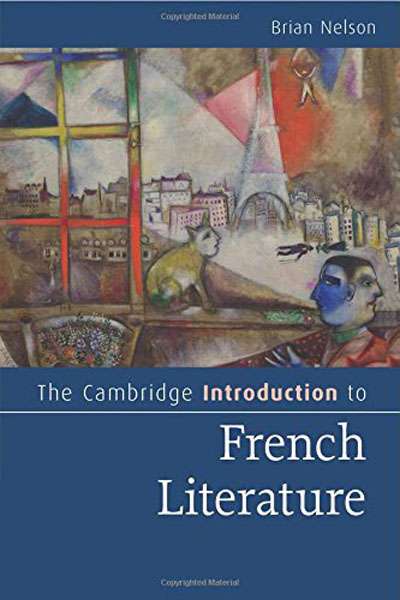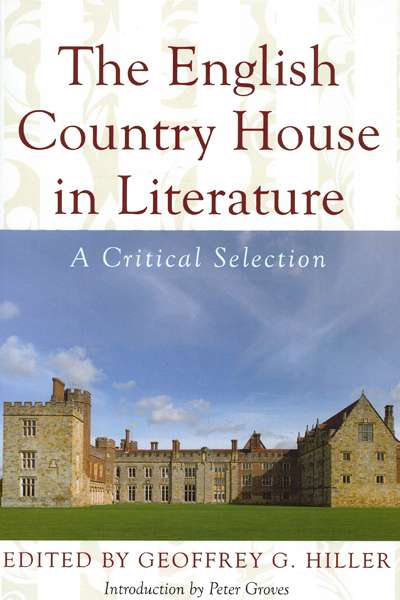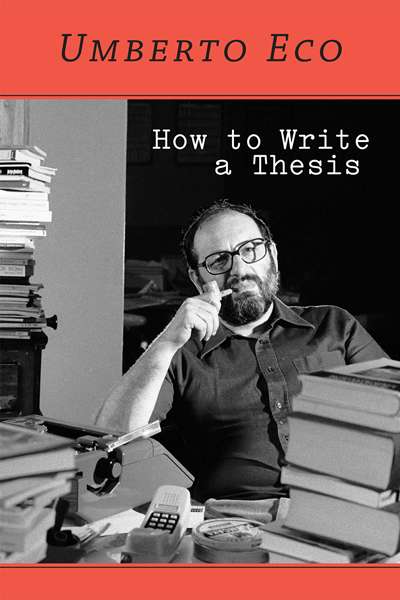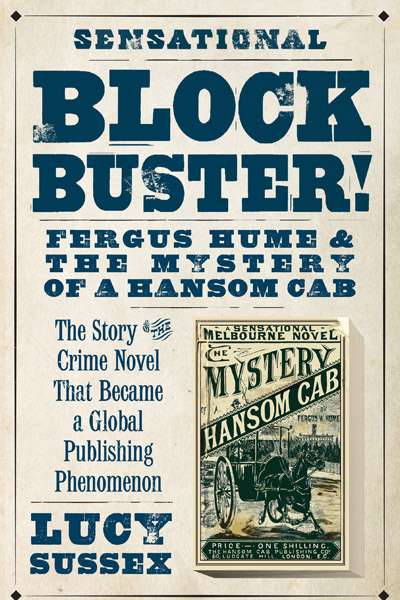Literary Studies
To his critics, James Merrill was at best a petit maître, a composer of exquisitely manufactured lyrics that reflected his privileged life and over-refined sensibilities. When he won Yale's Bollingen Prize for Poetry, the editorial writer for The New York Times wearily deplored the judges' preference for 'literary' poets. This prompted a sharp res ...
Contemporary Australian Literature: A World Not Yet Dead by Nicholas Birns
From time to time, Australian literature has been fortunate enough to attract the enthusiasm of international critics, from C. Hartley Grattan in the 1920s to Paul Giles, who compared Australian and American literature in his scholarly Antipodean America (2013). Nicholas Birns, a New York academic, tells us that he first encountered Australian writing back ...
Late in 1998, the Times Literary Supplement, as was its wont, sent Randolph 'Mick' Stow a book for review. It was Xavier Herbert: A Biography (1998) by Francis de Groen, and Stow accepted the commission with enthusiasm. 'What a ghastly, embarrassing old pillock,' he wrote to his lifelong friend Bill Grono. 'Well, you'll soon read my opinion of him. ...
The Simple Act of Reading edited by Debra Adelaide
Let's start with the title. The act of reading is anything but simple, as Fiona McFarlane and Gabrielle Carey both point out. Eyes, brain, and mind cooperate to create from a series of symbols with no intrinsic representative value a coherent message, or some amusing nonsense, or a persuasive argument, or a boring anecdote, or a parade of transparent lies.
D ...
Derek Attridge is one of the most formidable theorists working today in the field of literary studies. His central strategy is to identify potential for recognition in the reading process of singularity and alterity, with the qualities of a particular work manifesting themselves most powerfully when they reveal 'unexpected possibilities of thought and feeling'.
...Ted Hughes: The Unauthorised Life by Jonathan Bate
I can readily see that I am not the intended reader for The Unauthorised Life of Ted Hughes. Born in the year his first book of poems came out (The Hawk in the Rain, 1957); made to read Hughes at school (I preferred Sylvia Plath); a graduate of the same university (Cambridge); my books published by the same publisher (Faber), and sharing (if at all ...
The Cambridge Introduction to French Literature by Brian Nelson
'It is hard to imagine a more challenging scholarly task than composing, in under three hundred pages, an introduction to a field as vast and variegated as French literature. From the fabliaux, mystery plays and chansons de geste of medieval times to such figures as the present-day Nobel Prize-winning novelists Le Clézio and Modiano, it embraces n ...
The English Country House in Literature: A Critical Selection edited by Geoffrey G. Hiller
Outwardly safe, aristocratic, and uncontroversial, the English country house seems suitably benign coffee-table material to leaf through on a drowsy Sunday afternoon. However, while the story of the English country house is certainly steeped in nostalgia and privilege, it is also a narrative of exclusion, exploitation, and decline. Geoffrey G. Hiller engages with ea ...
How to Write a Thesis by Umberto Eco, translated by Caterina Mongiat Farina and Geoff Farina
In 1977, before personal computers and the Internet, Umberto Eco published How to Write a Thesis. It has remained in print ever since, but only now is it available in English. The book hasn’t been updated and makes no concessions to technological change. Space is devoted to card indexes and manual typewrit ...


